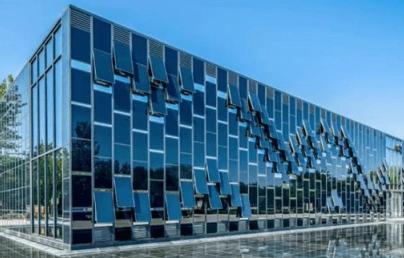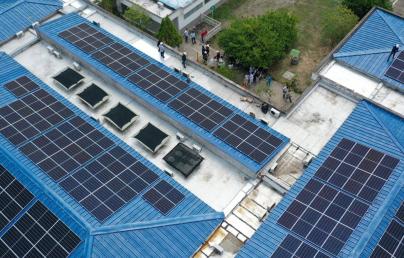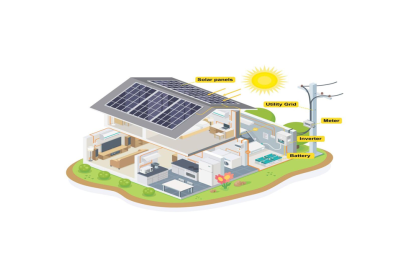
New social and affordable housing in Hanover lended by EIB

New social and affordable housing in Hanover lended by EIB
The European Investment Bank (EIB), backed by the new InvestEU programme, is lending €60 million to the municipal housing provider hanova to build affordable and social housing. These new buildings will be energy performant and the project will be aligned with the EU Energy Performance of Buildings Directive.
The European Investment Bank (EIB), backed by the new InvestEU programme, is lending €60 million to the municipal housing provider hanova. The loan will support hanova’s construction programme of social and affordable housing in the city of Hanover, which will also meet the European Union’s high energy efficiency standards.
Hanova has been Hanover’s housing company since 1927 and owns around 15 000 housing units. The company supports the city’s housing policy, in particular in building new social and affordable flats for rent. The project involves the construction of 640 new units, of which 232 are social and 408 are affordable housing units.
This project is the first in Germany to receive a loan by the EIB under the new InvestEU programme. Thanks to the InvestEU guarantee from the EU budget, the EIB will be able to fill a financing gap offering an unsecured loan with a very long maturity.
Hanover, the capital of the federal state of Lower Saxony, has a growing economy and attractiveness as an urban centre, with a quickly expanding population and therefore rising demand for housing. As in many urban areas across Germany, rents have risen sharply in recent years. The project will help address the imbalances in the local housing market by providing adequate and affordable housing for local low and medium-income residents. In Lower Saxony, the income threshold for social housing is €23 000 a year for a two-person household.
The hanova project is also energy efficient: 82% of the buildings will achieve an energy performance that will be at least 20% better than the German nearly zero-energy building standard (KfW 55). The rest will target an energy performance of at least 10% better than this standard. The project is also aligned with the EU Energy Performance of Buildings Directive.
The project is therefore fully compliant with the EIB’s climate action and environmental sustainability objectives. It will help to reduce CO2 emissions in buildings and support Hanover’s efforts to become climate neutral. It will also contribute to social inclusion and provide people on low and middle incomes with greater housing options to live in the city.
Read the full article here.

